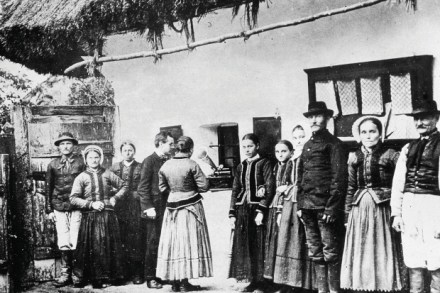Robin Hood v. the toffs
The publicity blurb about the two unpleasant criminals whom this dismal book romanticises says that they are ‘continuing their ancestors’ traditions, reluctant to surrender the old ways of sourcing food from nature’. Imagine a book about two men who were being celebrated for ‘continuing their ancestors’ tradition of beating their wives, raping them when necessary,



















